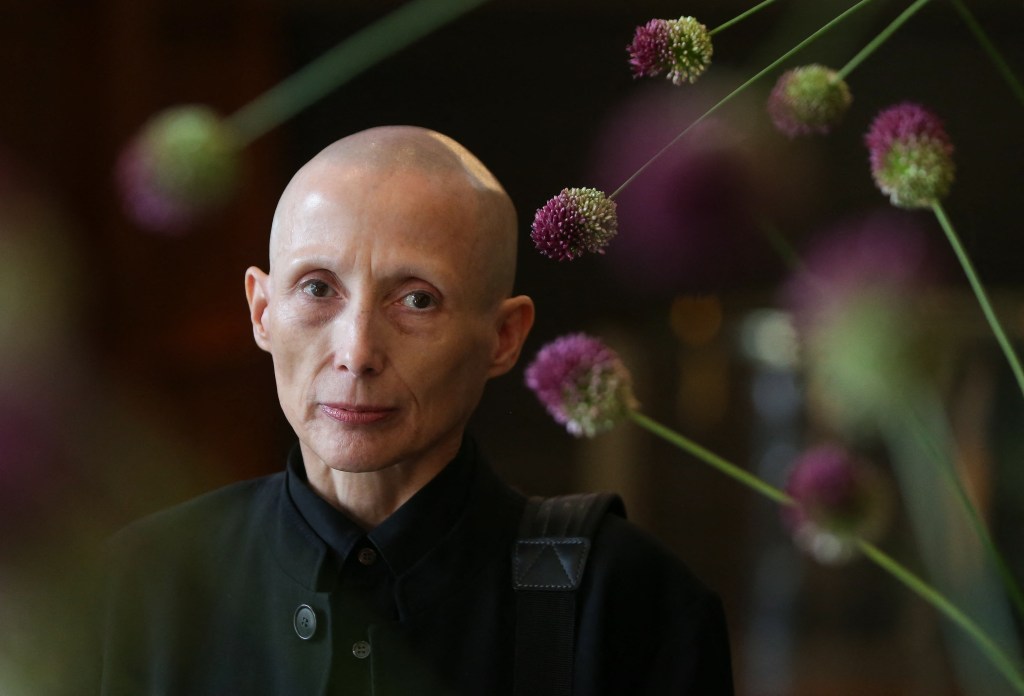It’s not easy growing up as a woman in India. And if recent research and statistics aren’t enough, then the increasing number of reported crimes against women will speak for themselves. In fact, India’s national capital, New Delhi, has been grappling with the reputation of being one of the most unsafe cities in the world for a while now. Which is why, on July 3, when the Central Government firmly opposed a Public Interest Litigation (PIL) asking for the laws pertaining to rape be gender-neutralised, they did so keeping in mind that victims of sexual harassment in India are predominantly women, and the perpetrators mostly men.
The stand came after a PIL was filed at the Delhi High Court by advocate Sanjjiv Kkumaar in 2017, which challenged the constitutionality of the rape laws under the Indian Penal Code (IPC). By definition, gender-neutral laws allow for all genders to be treated equally in the justice system, provided that the laws explicitly state every gender or makes the legalese gender-neutral.
Videos by VICE
According to IPC’s Sections 375 and 376, the definitions and punishments of rape are gender specific: the victims are women, and the perpetrators men. In fact, the very definition of rape starts with, “A man is said to commit ‘rape’ if he….” Kkumaar, in his petition, stated: “Gender neutrality is a simple recognition of reality — men sometimes fall victim to the same or at least very similar acts to those suffered by women…Male rape is far too prevalent to be termed as an anomaly or a freak incident. By not having gender-neutral rape laws, we are denying a lot more men justice than is commonly thought.”
On July 3, the Central Government stated that their decision to keep Section 375 of Indian Penal Code came after necessary deliberations with different stakeholders, including women’s groups. Their affidavit, published in legal news publication, Bar & Bench, states: “These sections have been enacted to protect and keep a check on the rising levels of sexual offences against women in India…Keeping in view the ambit of POCSO Act which covers all forms of sexual offences against minors and section 377 of the IPC, it was felt that existing definition of rape under section 375 should be left untouched.”
In India, crimes against women have a lot to do with centuries of patriarchy and a skewed sex ratio. However, the perpetrators often enjoy impunity at the risk of women’s rights and security. In 2013, one of the most brutal and fatal gangrapes in New Delhi led to not only massive and supremely angry nation-wide protests, but also led to landmark reforms to the existing rape laws. By taking into account the gender and patriarchal attitudes in Indian society, the new laws reform changed the landscape of justice for women by taking a tough stand on crimes against women.
The PIL praying for gender-neutral rape laws has been raking up quite a debate since 2017, also since it came during the first wave of #MeToo in India when men were identifying as victims of sexual harassment but feeling left behind by the movement. This sentiment has also led to the awakening of a certain #MenToo activism in some pockets of India, which, among many demands, is seeking amendment of rape laws. Last year, according to reports, the Delhi HC nudged the Central Government during the hearing of this PIL and asked if there will ever be a right time to make rape and its punishment under the IPC gender neutral. The Central Government had the last word on this, and hopefully will for at least some time.
Follow Pallavi Pundir on Twitter.




